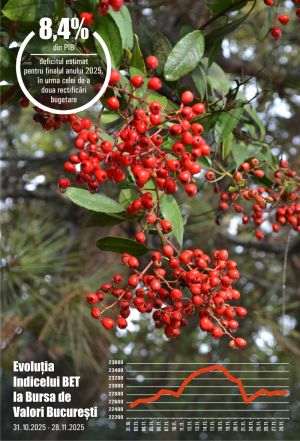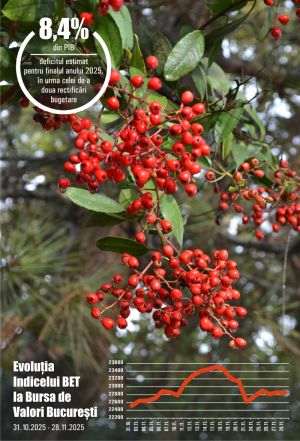Bee-killing pesticides have been found in 85% of rivers tested in England, an analysis of UK government statistics has revealed. Environmental groups analysed Environment Agency data on neonicotinoid pesticides present in rivers tested in 2023-2024. They also found that the percentage of rivers affected appears to have increased from 79% in the 2020-2022 testing period. Neonicotinoids damage the nervous system of bees and are banned in Europe, but have been authorised for use every year in the UK since 2021. The research found that aquatic insects and mayflies are also vulnerable to neonicotinoids, which could have potential further implications for fish and bird populations further up the food chain. The British government is currently considering using a neonicotinoid on sugar beet crops, despite promising to ban it when it campaigned for the general election, The Guardian reported. The Rivers Trust and Wildlife and Countryside Link, which carried out the analysis, found that areas where sugar beet growing and processing is concentrated, particularly in the East Midlands and the east of England, had some of the highest rates of neonicotinoids detected in river samples. Many of the rivers in these regions also had the highest numbers of pesticides detected. The South West and South East regions had the highest rates of neonic pesticides overall, in 54% and 41% of samples respectively, the analysis found. The highest rates were found at points on the Waveney and Wensum rivers in the East Midlands, where all five neonicotinoids tested were detected. Other rivers where significant amounts were detected include the River Nene in the east of England, the River Lugg, the River Tame in the West Midlands, the Sincil Dyke in the East Midlands, the River Ouse in Yorkshire, the River Test in the South East, the River Chelt in the South West and the River Douglas in the North West. The review also noted that only 27 rivers across England were tested for pesticides in 2023-2024, down from 43 in 2020-2022. This marks a drop of more than a third (37%) in the number of places tested. They warned that this was an indication of the Environment Agency's dwindling resources and the regulator's insufficient monitoring of rivers. During the election campaign this summer, Keir Starmer said: "The new Government will ban the neonicotinoid pesticides imidacloprid, clothianidin and thiamethoxam because of their impact on bees." But the British Sugar and National Farmers' Union (NFU) has made an application to be allowed to use the neonicotinoid Cruiser SB on sugar beet, as it combats a disease of the plant called yellowing virus. If the application is approved, it will mark the fifth consecutive year of neonicotinoid use. "The Government must surely reject the application and double down on farm reforms to provide generous support to farmers who reduce their use of chemicals," said Richard Benwell, chief executive of the WCL. "The extensive presence of powerful pesticides in rivers is further evidence of intensive farming and the decline of nature," he added. "The UK Government's pledge to urgently end the use of these bee-killing pesticides must become law," said Barnaby Coupe, senior manager at the Wildlife Trusts. "Pollinators like bees are the foundation of a healthy ecosystem and essential for the pollination of crops. These substances are banned because they are so harmful to soil, water, wildlife and human health. It is clear that the environmental risks of neonicotinoids are far too great - there is no place in modern society for their use," he added. "The widespread presence of neonicotinoid pesticides in rivers is raising alarm bells for the health of our freshwater ecosystems and is contributing to a huge cocktail of chemicals affecting our rivers, from agriculture, industry, transport, our homes and our businesses," said Rob Collins, director of policy and science at the Rivers Trust.
UK: Bee-killing pesticides are everywhere
O.D.
English Section / 4 decembrie 2024























































